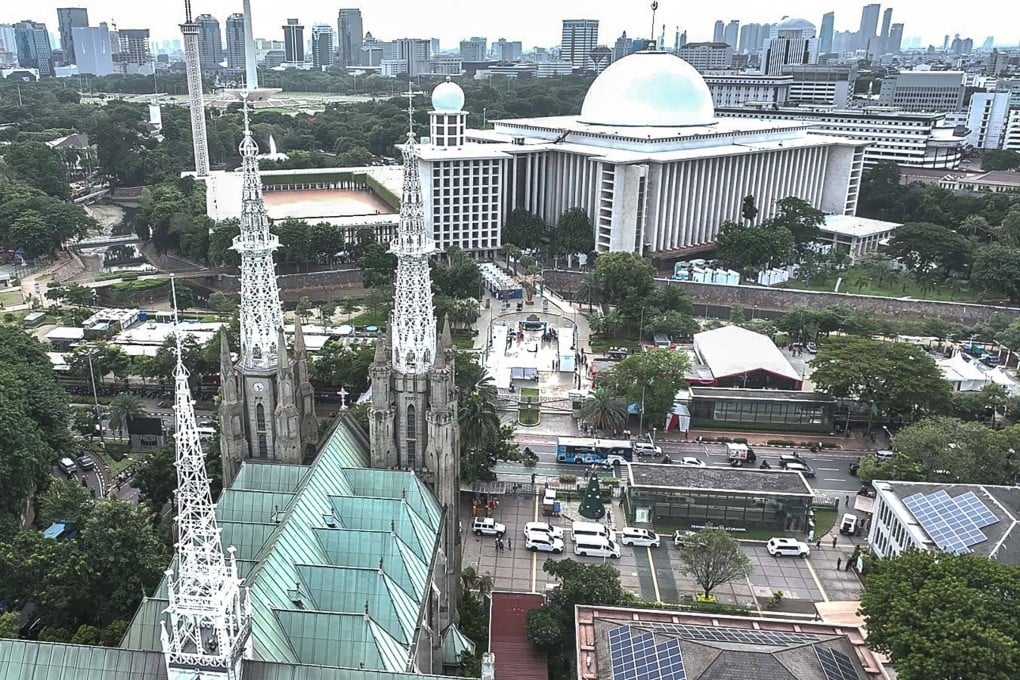Indonesian court’s ‘unfortunate’ ruling on citizens’ religion sparks discrimination fears
Rights activists say the court’s decision could reduce religion to a bureaucratic formality and ‘thicken religious polarisation’

Indonesia’s top court has drawn fire from rights campaigners for rejecting a bid that sought recognition for atheists and non-believers on identity cards, amid warnings it could perpetuate discrimination and reduce religion to a bureaucratic formality.
The Constitutional Court’s decision, handed down on January 3, upheld a long-standing rule that all Indonesian citizens must list a faith on their official documents or risk being denied essential civil services such as education, healthcare and legal recognition of marriage.
Indonesia officially recognises six religions, with Islam being the majority faith – followed by more than 87 per cent of the country’s 280 million citizens – followed by Christianity, Catholicism, Hinduism, Buddhism and Confucianism. However, the pluralist nation is also home to devotees of indigenous beliefs, agnostics and atheists.
Two self-avowed atheists, Jakarta resident Raymond Kamil and North Sumatra-based Indra Syahputra, had petitioned the court in October to allow “non-religious” as an option on official records. They also sought legal acknowledgement of marriages between atheists and non-believers, who have long struggled to register their unions.

In rejecting the petition, the court ruled that not following any religion could not be considered a form of religious freedom. Judge Arief Hidayat said requiring every Indonesian to adhere to a faith was “a restriction that is proportional and not applied oppressively and arbitrarily”.
